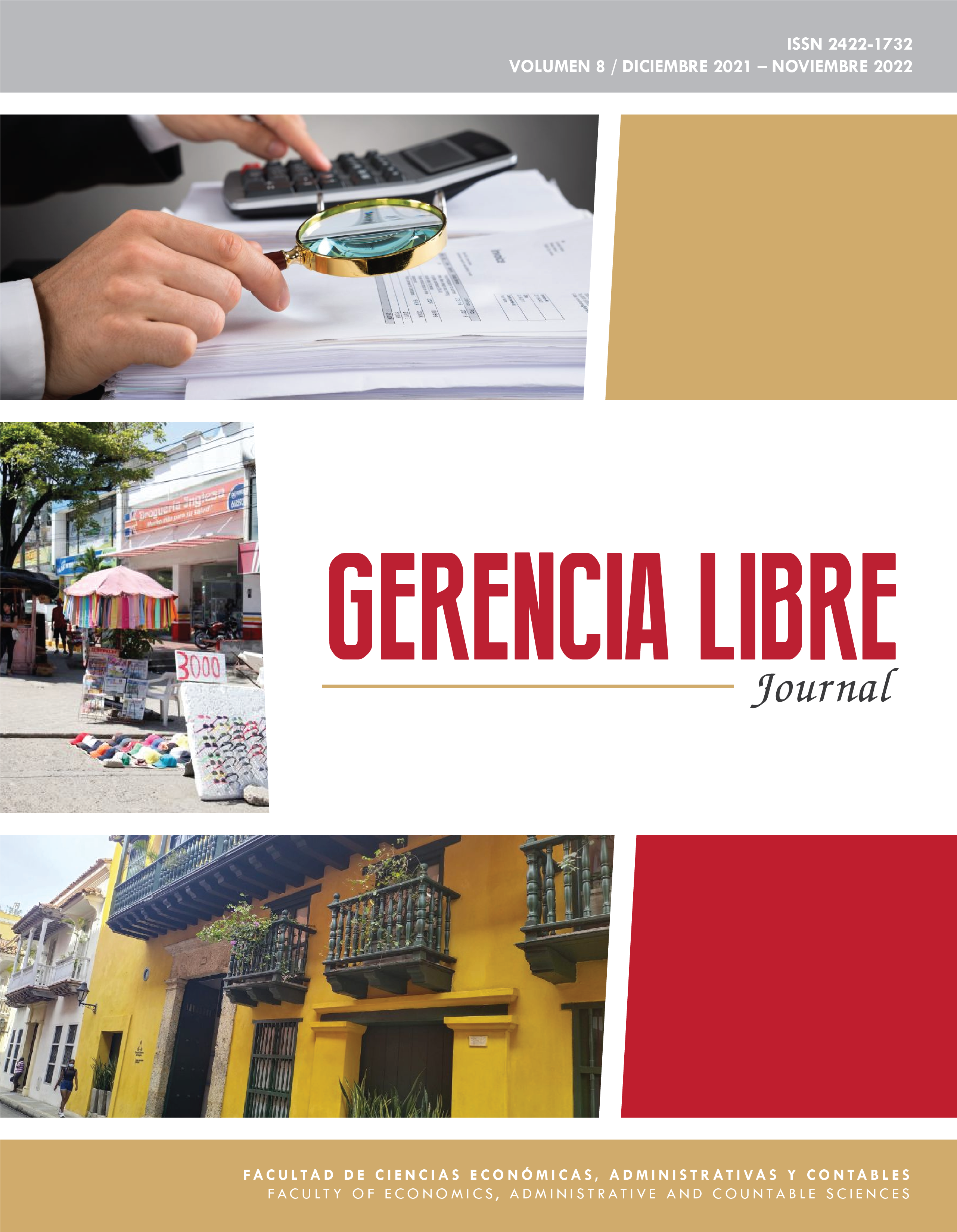Aprovechamiento de residuos orgánicos para crear huertas comunitarias que incentiven la economía sostenible en diez hogares de Santa Ana - Isla Barú
Keywords:
Use, Community Gardens, Sustainable Economy, Organic waste, Santa Ana Isla BarúAbstract
The little culture to classify ordinary waste generates greater environmental pollution, due to the fact that its decomposition process is very fast; which can generate bad odors in houses, the community and the environment in general, because sometimes the garbage collection service does not pass the scheduled days, causing accumulation of these in public places, which is why there is a bad vision and discomfort in the corregimiento passing tourists to reach Playa Blanca - Isla Barú (hereinafter work site), if we add the incursion into industrialization, rural growth, informal marketing of tourism, excessive and inequitable progress in its surroundings, low formal qualifications in its professionals, the introduction of foreign customs and the loss of ancestral traditional customs in the agricultural sector has generated a significant increase in extreme poverty in most of the community, since the lifestyles adopted by their ancestors have disappeared; For the most part, this corregimiento is dedicated to the daily search at the work site. and the rest have stable jobs. They do not have a culture of programmed savings that helps in times of crisis like today. In retrospect to the past we can conclude that agriculture generated well-paid jobs since most of these families lived moderately and consumed healthy food in 99%. For this reason, by identifying this need, the aim is to recover the ancestral customs in sowing, returning to produce indigenous products of the region that have disappeared. It is pertinent to develop a proposal that allows taking advantage of organic waste generated by households to create a community garden in which food can be harvested for consumption and encourage a sustainable economy, by initially raising awareness and motivating ten households in the township, who can separate into containers for their organic waste that will be collected, used as organic fertilizer in the area to be intervened, where products will be harvested without the use of pollutants that pollute the environment; strengthening food security, as well as a means to stimulate the sustainable economy, generating employment for households by marketing them at fair prices inside and outside the territory.
Downloads
References
R Babbie, E. (1988). Métodos de investigación por encuesta. In Métodos de investigación por encuesta (pp. 439-439).
Reina Alvis, C. (2009). Concientización de la implementación de huertas como sistema de autoconsumo y de aprovechamiento de residuos orgánicos en las Islas de Providencia y Santa Catalina.
Pantoja, A. (2014). Una Huerta para todos: Manual de Autoinstrucción. FAO. 5º Edición. Chile.
Gómez Urrea, C. D., & López Morales, D. L. (2015). Aprovechamiento de los residuos orgánicos putrescibles para la implementación de huertas comunitarias multifuncionales en altos de la estancia ubicado en la localidad de Ciudad Bolívar-Bogotá.
CEPAL, N. (2016). Encadenamientos productivos y circuitos cortos: innovaciones en esquemas de producción y comercialización para la agricultura familiar. Análisis de la experiencia internacional y latinoamericana.
Ibarra, J. T., Caviedes, J., Antonia, B., & Pessa, N. (Eds.). (2018). Huertas familiares y comunitarias: cultivando soberanía alimentaria. Ediciones UC.
Castro Enríquez, L. F. (2020). Huertas Comunitarias como herramienta para alcanzar la Autonomía Alimentaria de los ex combatientes de las FARC de la comunidad Noble y de Paz Marco Aurelio Buendía, Charras, Guaviare.
Ramos Alvariño, Caridad (2005). Residuos orgánicos de origen urbano e industrial que se incorporan al suelo como alternativa económica en la agricultura. Revista CENIC. Ciencias Químicas, 36(1),45-53. [fecha de Consulta 24 de Julio de 2022]. ISSN: 1015-8553. Disponible en: https://www.redalyc.org/articulo.oa?id=181620586010
Franco Muñoz, G. A., & Pantoja Cuasquén, M. B. (2018). Trazabilidad como mecanismo de seguridad alimentaria en una cadena de abastecimiento frutícola del Valle del Cauca.


